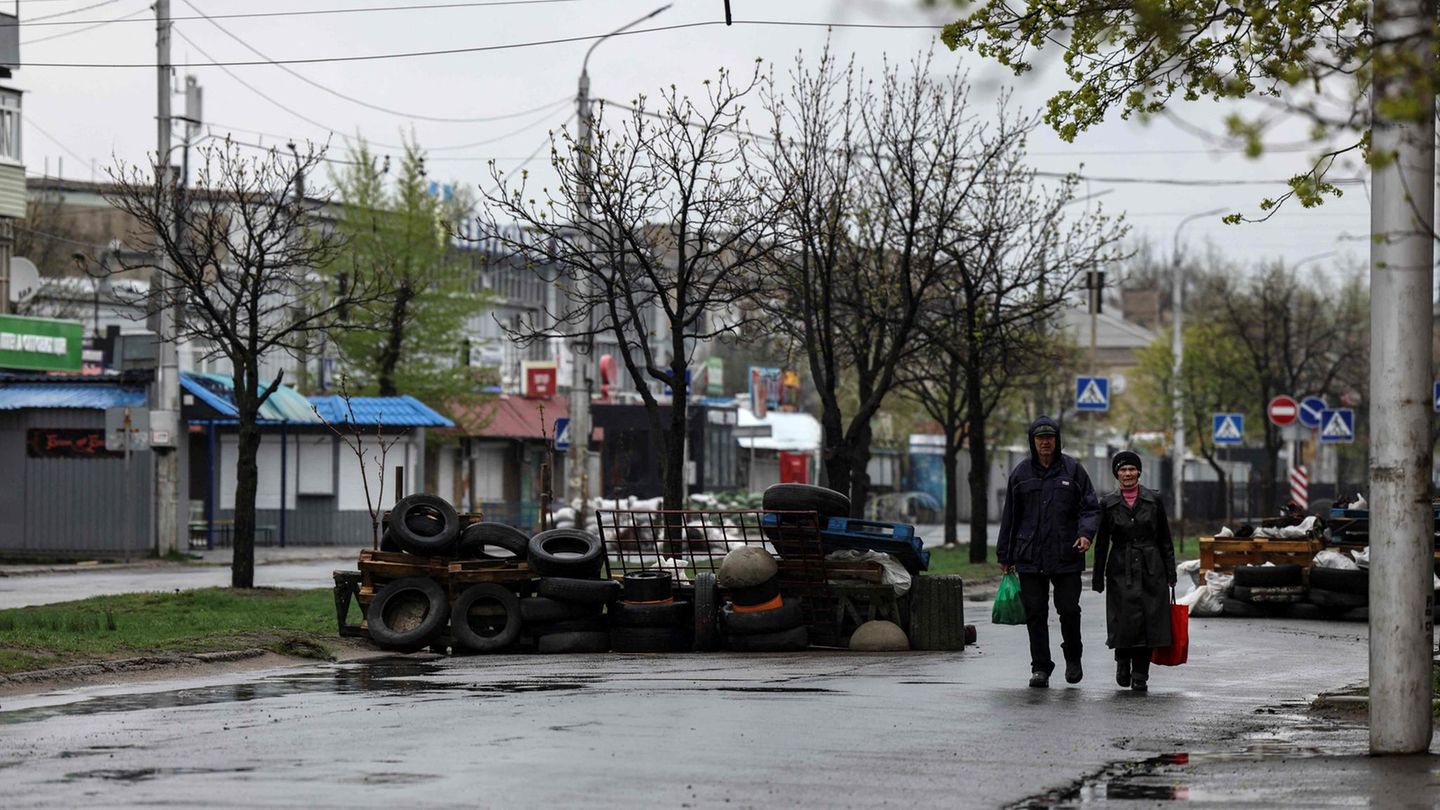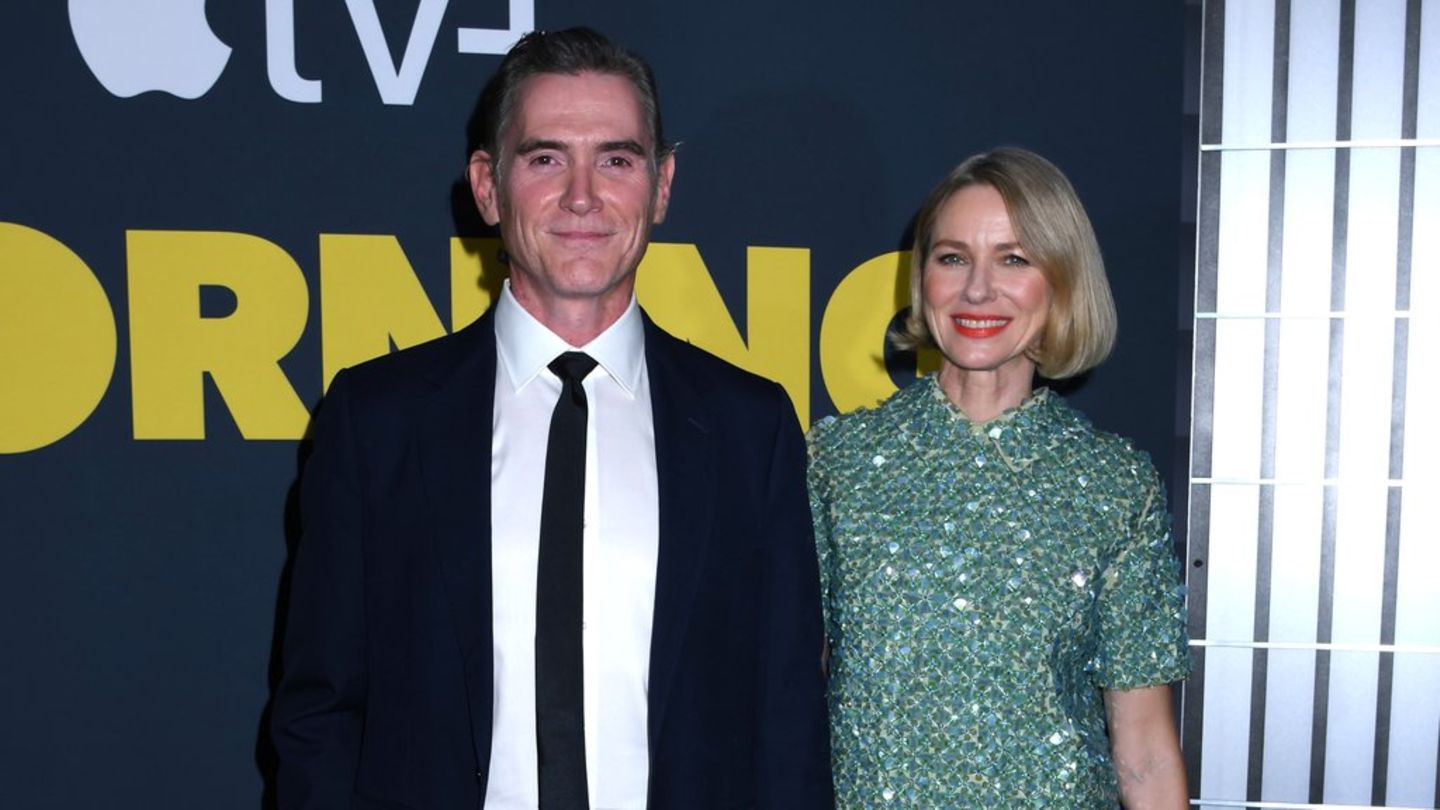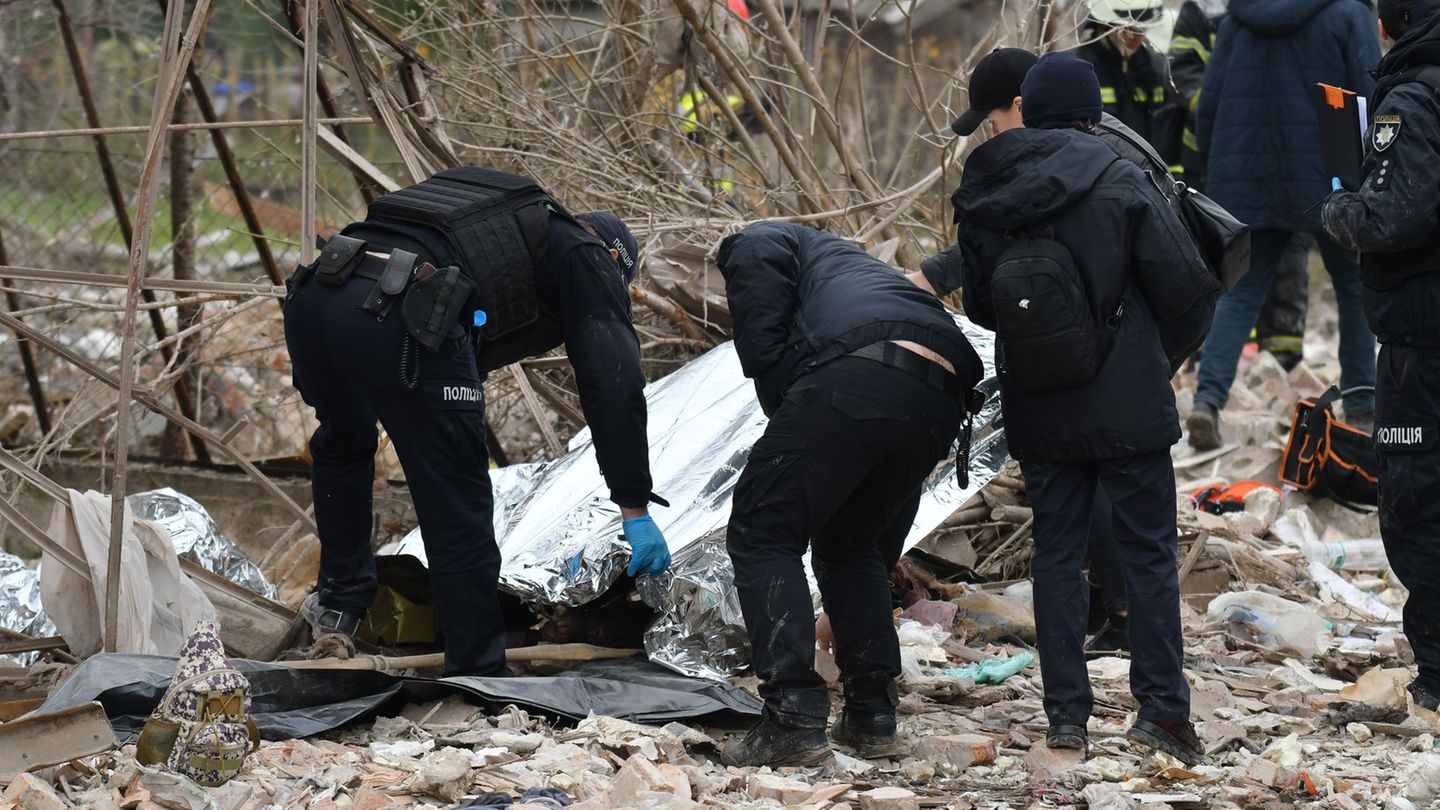Not everyone in eastern Ukraine fears the advance of Russian troops. In the Donbass, people feel closer to the Russians than to the Ukraine. There has been fighting in the region for years – long before the current Ukraine war.
Since the start of the Russian offensive in the Donbass region, the Ukrainian army has offered fierce resistance. But not everyone in eastern Ukraine wants victory over Russia. Whether out of a sense of belonging, nostalgia for the Soviet era, or simply hope that the war may soon end, many await the advance of Russian troops without fear, if not hope.
At a market in the industrial city of Lysychansk, Olena describes her point of view: “Formally speaking, we’re Ukrainian. But Donbass isn’t Ukraine.” The Ukrainians are “the foreigners here, not the Russians”. Olena is not the woman’s real first name. She doesn’t want to be quoted by her real name because her opinion could get her “in jail,” she says.
Kremlin wants to “liberate” Ukrainian areas in Donbass
For years, Moscow has accused the government in Kyiv of discriminating against Russian-speaking people in the Donbass. The region has been partially controlled by pro-Russian separatists since 2014. The Kremlin says the goal of its military offensive is to “liberate” the areas of the mining and oil region that are still under Kiev’s control.
Indeed, some Ukrainian soldiers feel as if they are already in enemy territory. Iryna, a non-commissioned officer in the Ukrainian army, says: “Even if we do everything possible to camouflage our positions, the residents here give information about us to the other side.” Kiev’s army also regularly announces the arrest of “saboteurs” in Donbass.
Vadim Lyakh, mayor of the city of Slavyansk in the north-west of the Donbass, says of the mood among parts of the population in view of the Russian advance: “There are people who, at best, don’t care and, at worst, hope that the Russians will arrive.”
Soviet nostalgia in eastern Ukraine
The majority of the population in Donbass is Russian-speaking. Moscow allowed many Russians to settle in the region after World War II. One of the main complaints of many residents is that the region’s economy has gone downhill since the collapse of the Soviet Union.
For three decades, Olena worked in an oil refinery in Lysychansk. During the Soviet era, the Donbass had “everything”: “Coal, salt, the chemical industry,” she says. “While the Ukrainians were demonstrating on the Maidan, we were working,” she comments on the 2014 protests in Kyiv that ended with the overthrow of the pro-Russian government.
In a bunker in the frontline town of Severodonetsk, more than 160 residents have been sheltering from rockets for two months. Many of them accuse the Ukrainian army of bombing their village, not the Russian troops.
“The decision was made for us”
Tamara Doriwientko, a retired English teacher, sits on a cot in the bunker reading Jane Austen while waiting for the shelling to end. “Why should we be afraid of the Russians?” ask her. “We lived in the Soviet Union for 70 years. We are similar.”
However, the retiree seems torn. She says she sympathizes with Moscow, but also “loves” Ukraine – “a beautiful country with many freedoms.” That is why Doriwientko, in his own words, would have preferred to continue living in Ukraine. But she assumes that she will live under the Russian government in the future: “The decision was made for us,” she notes.
Mayor Lyakh says there is little the Ukrainian authorities can do about pro-Russian sentiment. This part of the population wants the war to end and sees “no problem with Russia’s hostilities”. But Lyakh is betting that the destruction of Russian-speaking cities like Mariupol and Kharkiv by the invading forces will “change minds” among the pro-Moscow community.
Source: Stern
David William is a talented author who has made a name for himself in the world of writing. He is a professional author who writes on a wide range of topics, from general interest to opinion news. David is currently working as a writer at 24 hours worlds where he brings his unique perspective and in-depth research to his articles, making them both informative and engaging.




